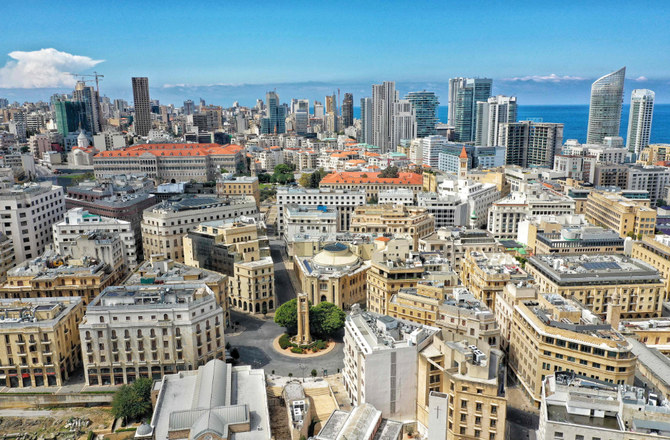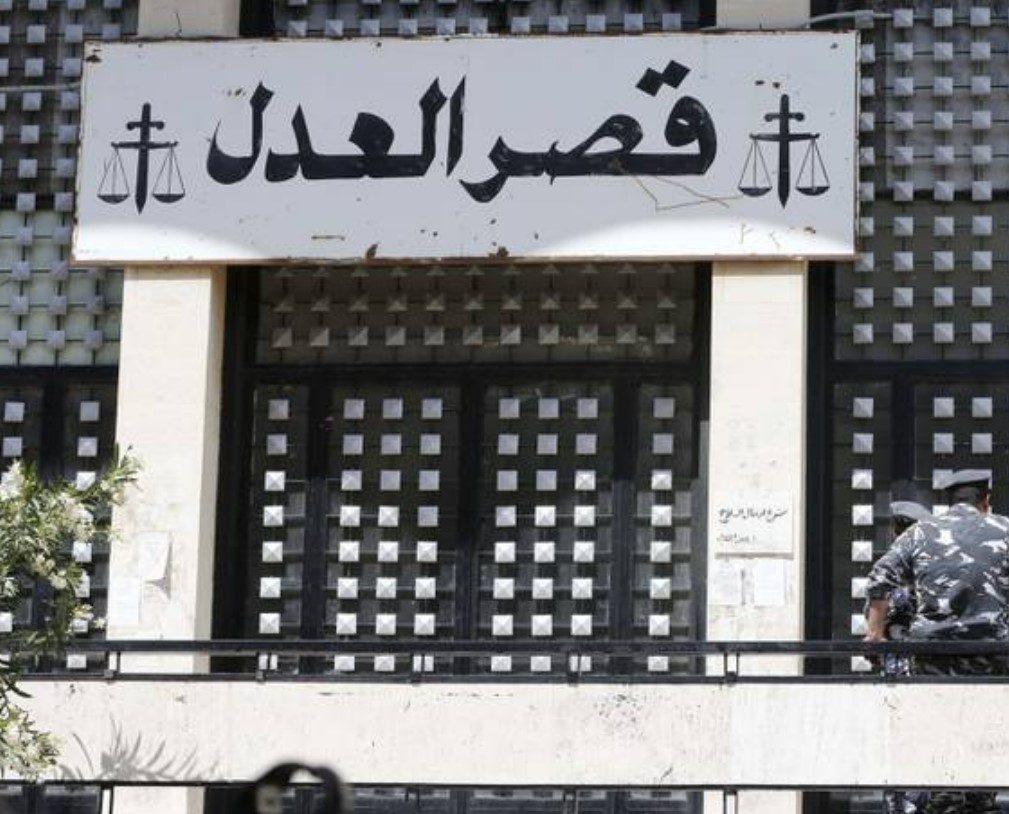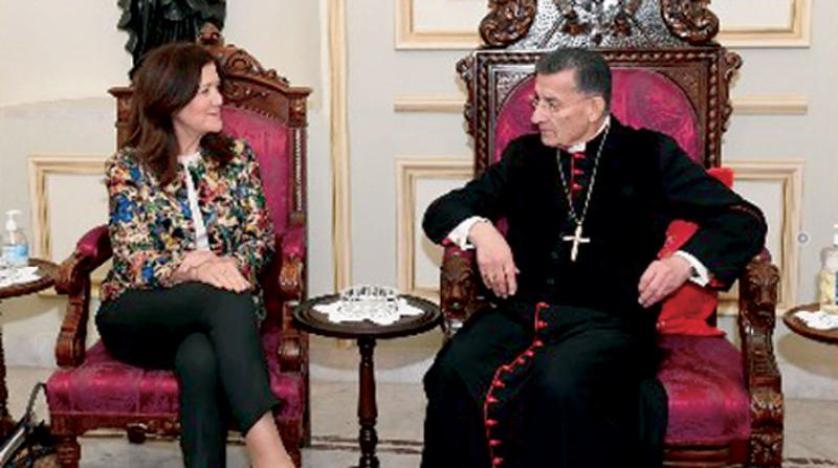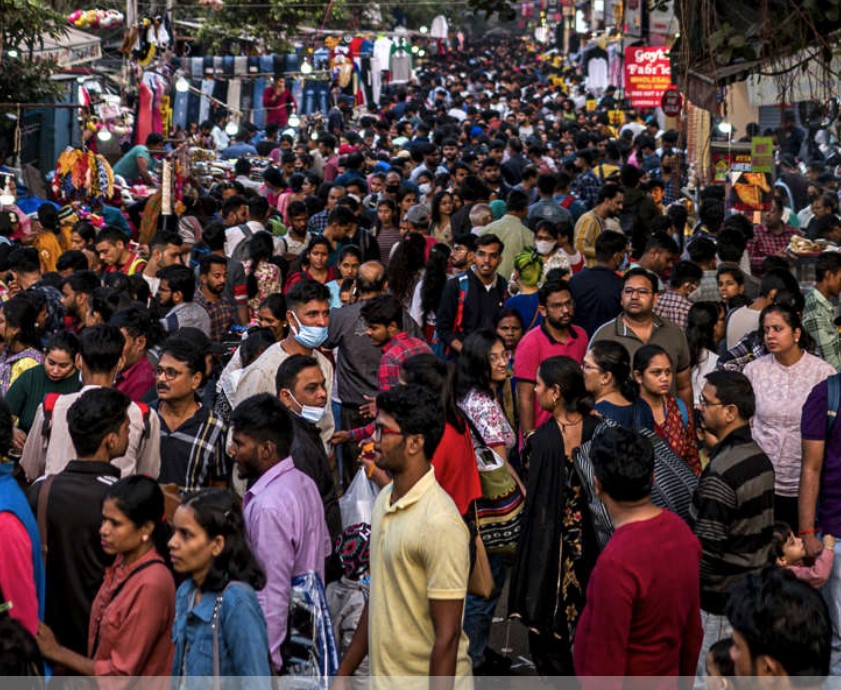
by arabnews.com — LONDON: While Lebanese politicians typically travel in multi-car motorcades, at least one European diplomat is beating the heavy Beirut traffic by getting on a bike. In a message posted on Twitter on Thursday, Hans Peter van der Woude, the Dutch ambassador to Lebanon, posted a photo of himself wearing a helmet and standing next to an e-bike as he prepared to set off for a meeting. The photo sparked an online debate about the country’s traffic problems, with many people praising him as an “example” for everyone to follow. “Setting a great example. Drive safely,” one user wrote.
Another asked the envoy whether he feels safe cycling around the busy streets of the capital. “I felt really comfortable on a bicycle in traffic,” van der Woude replied. “Just because drivers are not used to cyclists, they are more careful. One has to be vigilant though, like everyone in Lebanese traffic.” He added that he completes his journeys really quickly compared with people in cars, who often get stuck in traffic jams. Nasser Yassin, Lebanon’s environment minister, retweeted the envoy’s photo, thanked him and said the government backs the use of non-motorized transport options, also known as “soft mobility.” “We are supporting initiatives that will promote soft mobility in Beirut and other cities; but we need to work more with municipalities and others to create the right environment for soft mobility in our cities,” he wrote.








